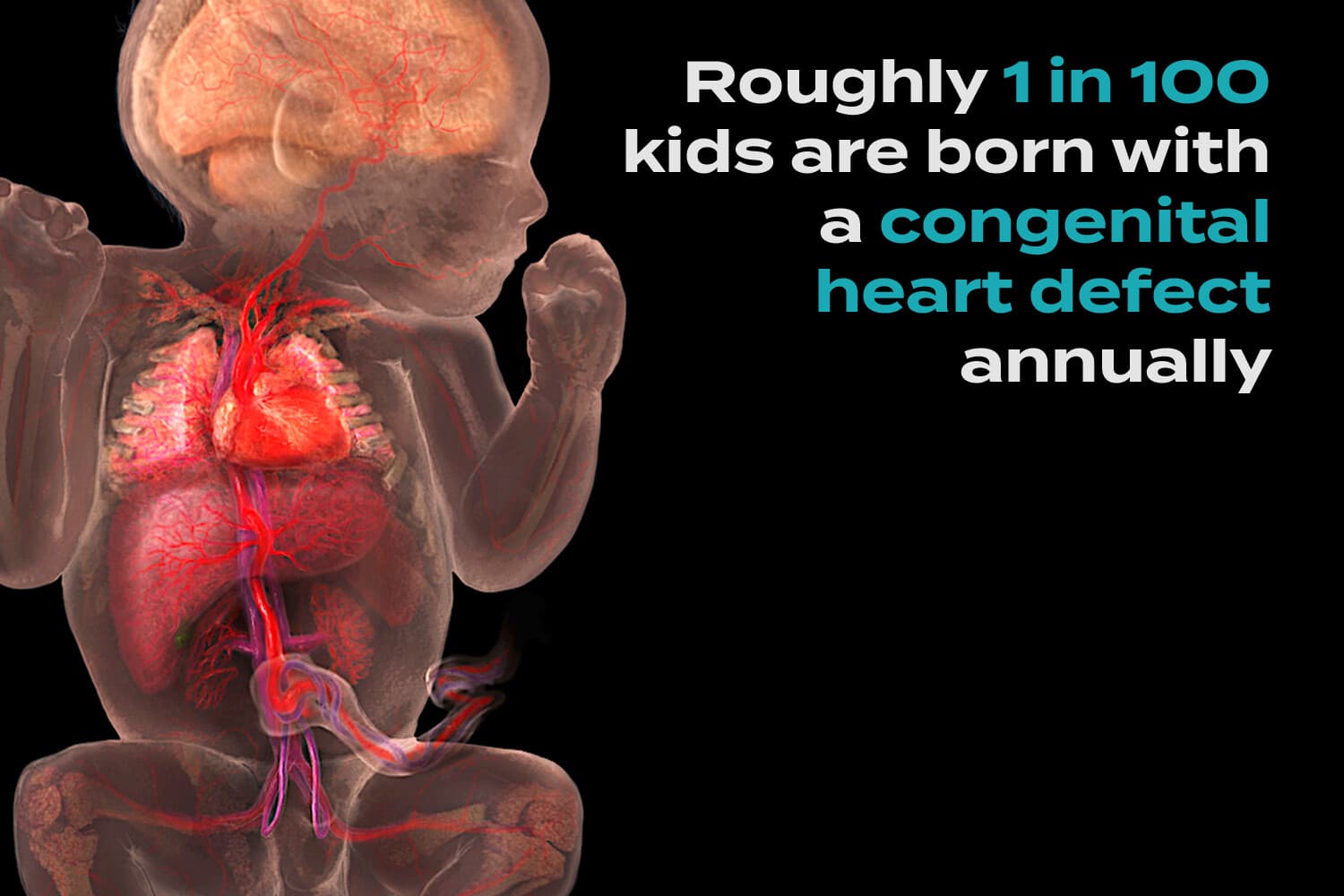2025-09-24
What Every Parent Should Know
Silent Medical Conditions
Silent Medical Conditions: What Every Parent Should Know
Written by Zahraa Srour - The Medical Campaign
When children laugh, run, and play, they seem unstoppable. It’s natural to believe good health is guaranteed by their energy. But sometimes, the most serious health concerns remain invisible, hiding in what doctors call silent medical conditions.
Take the story of Theo and Finley, two brothers born with heart defects.
At first, Theo seemed perfectly healthy. His parents were ready to take him home from the hospital, but a nurse noticed his breathing sounded a little raspy. That small observation led to further testing—and the shocking discovery that Theo had a congenital heart defect. Despite looking healthy, his oxygen levels were dangerously low.
Theo’s brother, Finley, was later found to have a different heart defect. Both boys underwent surgery and, thanks to early detection and skilled medical care, today they’re thriving and full of energy.
Their story has a happy ending—but it shows why awareness of silent conditions matters so much.

What Are Silent Medical Conditions?
Silent medical conditions are illnesses that progress quietly without obvious symptoms in the early stages. Some examples include:
Heart defects, which may not cause problems until the body is under stress.
Rare genetic disorders, which can remain hidden until later in life.
Metabolic conditions, where the body compensates until it can no longer keep up.
These conditions are different from common childhood illnesses like fevers or coughs because they don’t wave a red flag—sometimes, the only clue comes from a small detail noticed during a check-up.
Why Should Parents Be Concerned?
Because silence doesn’t equal safety. A child may look and act healthy while their body works overtime to adapt. Left unnoticed, these hidden issues can suddenly escalate.
Theo and Finley’s case proves that the earlier a condition is discovered, the better the outcome. Without careful observation, their heart defects might have remained undetected until it was too late.
Why Do Some Conditions Go Undetected?
The body is remarkably resilient. Children’s hearts, for example, can compensate for weaknesses, which masks the problem. Some genetic or metabolic disorders also hide because the body temporarily finds “workarounds.”
That’s why routine checkups and, in some cases, advanced screenings are essential. They provide a chance to detect what isn’t obvious.

How Parents Can Stay Proactive
Stick to a Schedule: Follow your child’s routine wellness visits and vaccination timetable; these appointments include physical exams, heart and lung checks, growth tracking, and developmental screenings.
Request Key Screenings: Ask your pediatrician about pulse oximetry for heart health, hearing and vision tests, iron levels, and any genetic or metabolic screenings recommended for your region or family history.
Track Subtle Changes: Keep a simple log of appetite, sleep patterns, stamina during play, and any new symptoms like persistent cough, shortness of breath, or unusual bruising.
Know Your Family History: Share details of heart disease, genetic disorders, or metabolic conditions on both sides of the family so doctors can tailor tests.
Build a Partnership: View the pediatrician as a teammate. Bring questions, ask for explanations in plain language, and don’t hesitate to seek a second opinion if something feels unresolved.
Emergency Awareness: Learn basic CPR and keep an updated list of local emergency contacts and your child’s medical information.
Effective Treatment Options
Early detection often allows for less invasive interventions and better outcomes:
- Medication Management: Many metabolic or hormonal conditions can be stabilized with daily medication or supplements, reducing the need for surgery.
- Targeted Therapies: Physical, occupational, or speech therapy can correct or slow developmental impacts when started early.
- Planned Surgeries: When surgery is needed, catching the condition early lets doctors schedule and prepare rather than operate in crisis mode, lowering risks.
- Ongoing Monitoring: Regular imaging or lab tests ensure treatments stay effective and allow adjustments before complications arise.

Conclusion
Silent medical conditions don’t have to be scary stories; they can become stories of strength and medical awareness. Theo and Finley’s journey shows that attentive parents, routine checkups, and early detection turn uncertainty into triumph. By staying curious, trusting your instincts, and partnering with your child’s healthcare team, you’re not just guarding against hidden illness; you’re giving your child the best chance to grow, explore, and thrive. Awareness isn’t about fear; it’s about empowerment and the confidence that a healthy, joyful future is well within reach.



